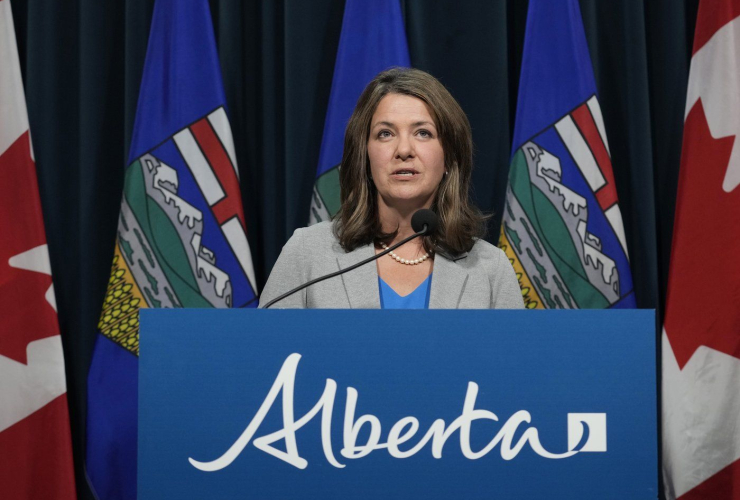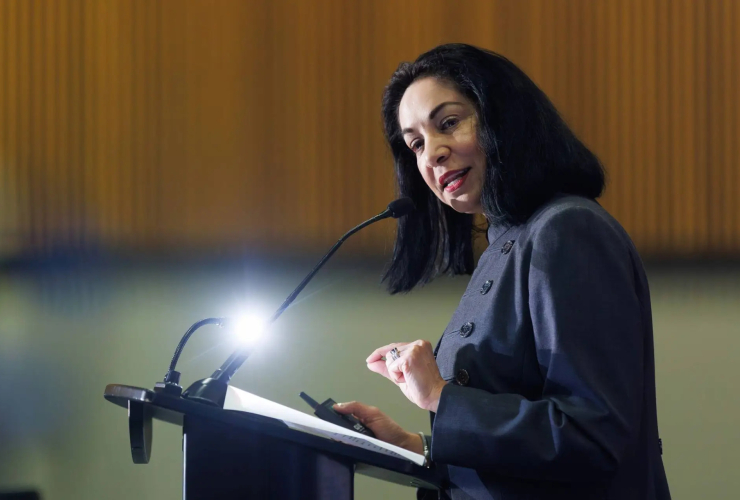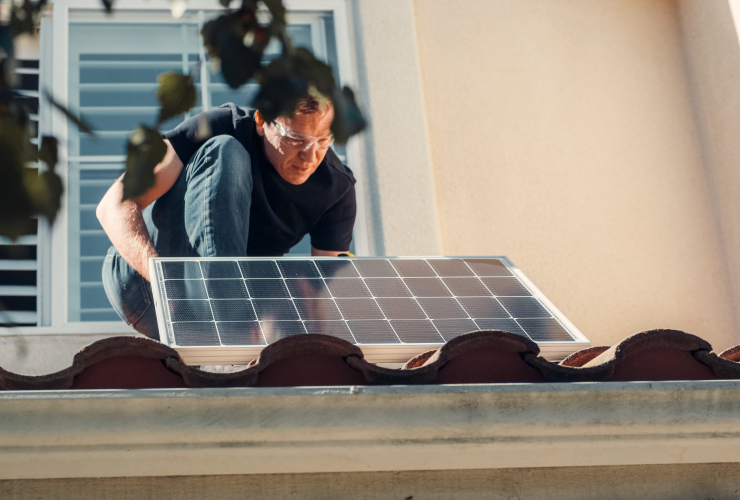Amid trade skirmish, Wilkinson raises eyebrows with pitch for closer ties with U.S. on critical minerals and energy
Federal energy and natural resource minister proposes co-development of new uranium, germanium, lithium and other critical minerals megaprojects to reduce U.S. reliance on Russian and Chinese imports.


















